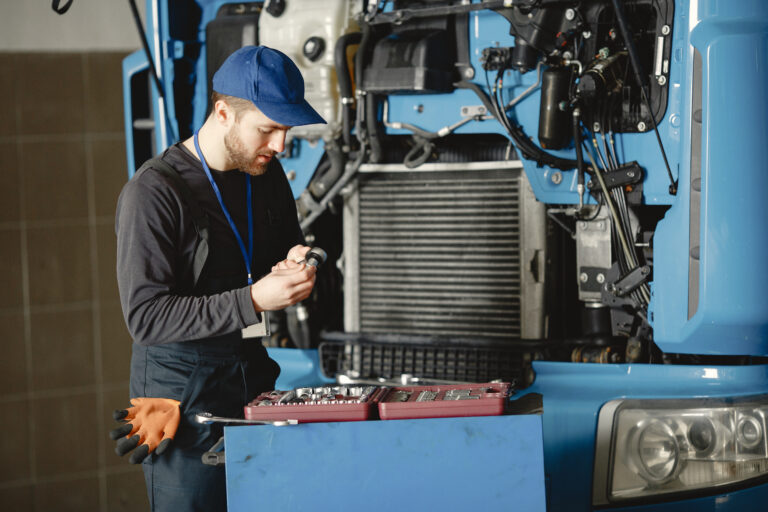Understanding the Role of Alternators in Today’s Equipment
In the simplest terms, an alternator converts mechanical energy into electrical energy by using a rotating magnetic field inside a coil of wire. This process supplies power to vital systems—headlights, displays, infotainment units, sensors, and more—while keeping the battery fully charged. A modern alternator must support a web of electrical needs without compromising output or reliability, elevating its role beyond battery charging.
The Connection Between Alternator Efficiency and Battery Life
A well-functioning alternator helps ensure batteries receive the correct voltage and current, maximizing their lifespan and reliability. When alternators run inefficiently, they may overcharge or undercharge the battery, leading to premature aging, deep cycling, or even complete battery failure. Ensuring strong synergy between the alternator and battery system can help avoid costly replacements and reduce downtime for vehicles and stationary equipment.
Modern Electrical Demands: More Than Just Charging a Battery
Vehicles and machines today demand far more from their electrical systems. Modern features—from advanced driver assistance systems to air conditioning and navigation—require significant, stable current. As recent battery and fuel cell research news outlines, technological progress in batteries raises expectations for electrical system performance. An alternator that can’t keep pace with these needs may result in flickering lights, unreliable electronics, or complete system failure, particularly under heavy load.
Common Causes of Alternator Inefficiency
Several factors can reduce alternator output or performance. Physical wear of bearings, slip rings, and brushes often leads to electrical losses. Corrosion, poor wiring, belt slippage, and overheating can further compromise efficiency. As a result, even a small performance loss may snowball into larger issues for complex machinery or technology-packed vehicles.
The Economic and Environmental Benefits of Efficient Alternators
Efficient alternators contribute directly to lowered operational costs. By optimizing energy conversion, engines don’t need to work as hard, leading to reduced fuel consumption and emissions. Over time, this efficiency translates to tangible savings, especially in large fleets or high-use environments. Improved energy management also reduces waste, echoing Nature’s battery waste management insights that suggest efficient, well-maintained systems ease environmental pressures related to battery and component disposal.
Proactive Maintenance Tips for Maximum Efficiency
With routine checks, anyone can increase alternator efficiency and system longevity. Watch for warning signs such as dimming lights, strange noises, or dashboard alerts. Inspect belts and electrical connections regularly for wear or corrosion, and replace components as needed before performance drops. Early intervention prevents minor problems from escalating and keeps the machinery running at its best.
Recent Developments and Industry Insights
The industry continues to see innovation in alternator design, with new materials and smarter electronic controls to maximize fuel economy and reduce emissions. Some manufacturers are integrating advanced diagnostics that detect subtle inefficiencies sooner, supporting predictive maintenance and system health monitoring. As vehicle technology evolves, staying informed about these advancements helps owners and operators make decisions that keep their equipment—and their investments—working reliably for years to come.

